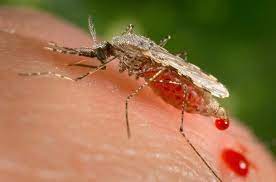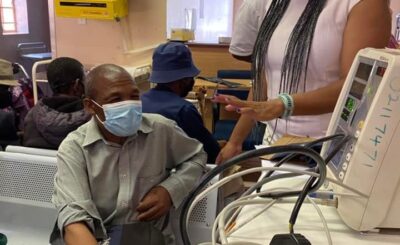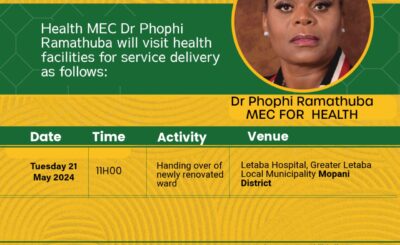DEPARTMENT ADVISE THE PUBLIC TO BE ON ALERT AS MALARIA CASES SURGE IN THE PROVINCE
The Limpopo Department of Health wishes to inform the public to take precautionary measures to protect themselves against malaria amidst an increase in the number of malaria cases in the province as it is the case in malaria endemic arease in the entire SADC region. The province has seen a surge in the number of cases that rose to 1423 and two deaths during the past four weeks.
These numbers are high compared to the previous years. For instance, in 2022/2023 financial year, annual figures stood at 1745.
The current surge is attributed to favourable weather conditions for mosquito breeding and the travelling season during the Easter holidays which saw people traveling even to the malaria endemic areas in the region.
The surge in the province is reported mainly in the malaria epidemic prone areas of Vhembe (northern & eastern lowveld areas) and the easter part of the Mopani region Of these cases, 820 were reported from Vhembe & 423 from Mopani. Donald Fraser, Malamulele, Tshilidzini, Letaba, Maphuta Malatji Hospitals, Nkhensani hospitals & the clinics within the feeder areas of these hospitals are reporting the majority of the cases. However, the department wishes to warn community members in other areas to be on alert. Malaria is a treatable condition when discovered early, and therefore, community members are advised to visit their nearest healcare facilities as soon as they suspect that they could have contracted the disease. Malaria symptoms include fever and flu like symptoms such as shaking chills, headache, muscle aches, and tiredness. Nausea, vomiting, and diarrhea may also occur in some cases. So far, over a million households have been reached through the department’s indoor residual spraying campaign.
Surveillance teams are currently investigating all notified cases at the community level, which involves contact tracing and awareness related to prevention and early treatment seeking behavior.






